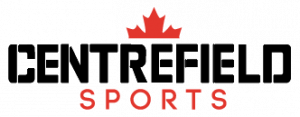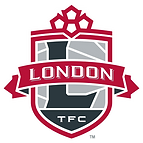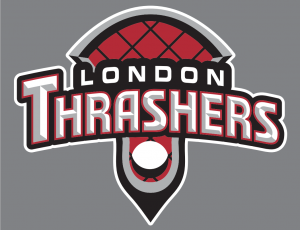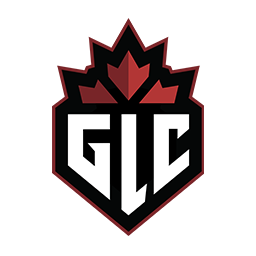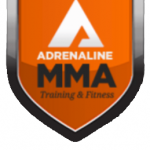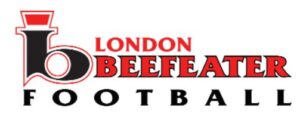Welcome to Pro Function Sports Injury Clinic!
Welcome to London Ontario’s one of a kind rehabilitation and sports injury clinic. Pro Function Sports Injury Clinic has teamed up with Centrefield sports training centre to create one of the most unique and capable rehab facilities in southwestern Ontario. With access to over 40,000 square feet of indoor turf, including 2 weight rooms, 10 swing/throwing cages, and 6 private treatment rooms, you will be back playing your best in no time.
Whether you’re an elite athlete or a weekend warrior, at Pro Function we’re serious about providing high quality rehab in a tailored, comfortable, one-on-one environment. Our team consists of several different kinds of practitioners, each with multiple certifications and extensive backgrounds, who work in collaboration with each other to help get you back on track as quickly as possible. Physiotherapy, Chiropractic care and sports Massage Therapy are all available on site. Recently, in 2022 our sports injury clinic teamed up with Pedorthics London and as a result now have an on-site custom modification and fabrication laboratory for any orthotic, shoe, compression or insole needs. Need the opinion, assessment or perhaps a medical letter from a nurse practitioner or sports medicine doctor? Pro Function works closely with other medical colleagues in and around London Ontario to ensure you see who you need to see, when you need to see them.
Pro Function Athletics Proudly Supports and Works With;
What Common Sports Injuries Do We See Most Often?
- Sprains / Strains
- Overuse / Repetitive Strain
- Fractures / Stress Fractures
- Pre and Post – Surgical Care
- Concussion Care – Acute and Chronic
- Rotator Cuffs / Muscle Tears
- Shoulder Dislocation
- Tennis Elbow / Golfer’s Elbow
- Low Back Disorders
- ACL recovery
- Jumper’s Knee
- Ankle Sprain
- Achilles Tendon / Rupture
- Plantar Fasciitis
- Acute and Chronic Presentations
Here's a sample of our Certifications, Techniques and Therapies
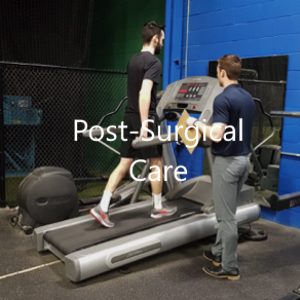
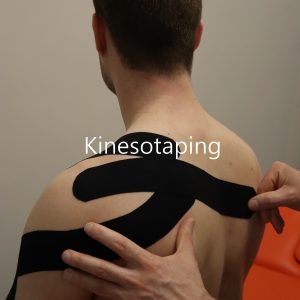
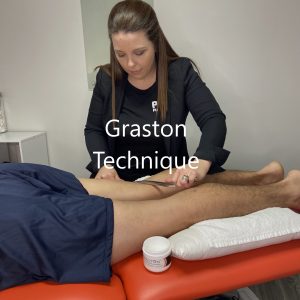
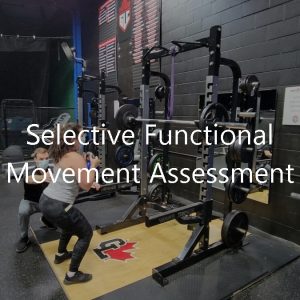
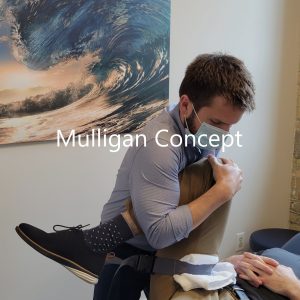
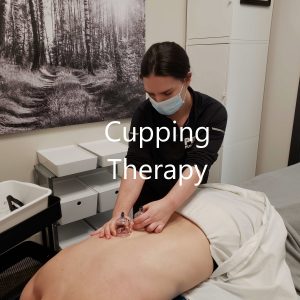
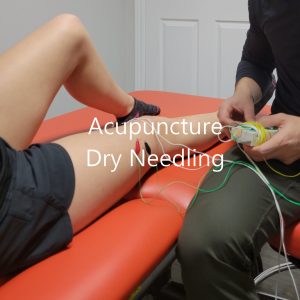
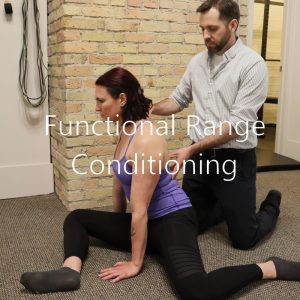
For a more complete list of Pro Function Services click here.
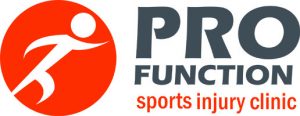
Book Online or Give us a Call
Located inside Centrefield Sports
25 Midpark Cres.
London, Ontario N6N 1A9
P: 519.860.5090
Fax: 1.866.799.4125
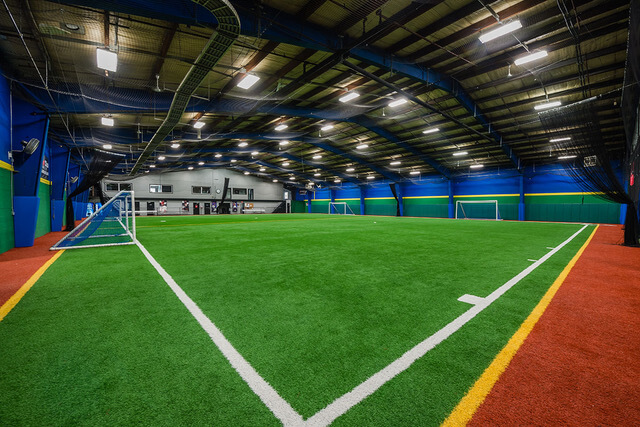
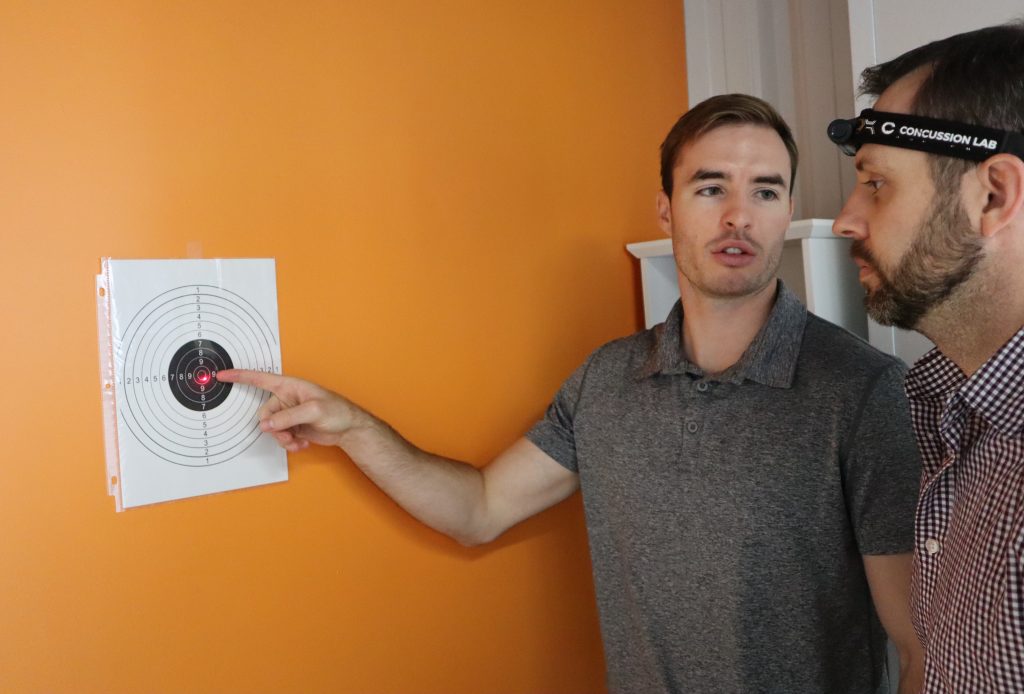
FAQ's about our London Sports Injury Clinic
Currently Pro Function has several Physiotherapists (PT), Chiropractors (DC) and Registered Massage Therapists (RMT) who are all trained and have experience working with athletes.
Additionally, each member of the team has a focused interest on certain types of injuries and rehabilitation protocols, therefore, in any situation we ensure that the patient sees and/or consults with the practitioner who is best suited to help their situation.
A sports injury is an injury that occurs during physical activity or participation in a sport. It can happen to athletes of all skill levels and can range from minor sprains and strains to more serious fractures, dislocations, or tears of the muscles, tendons, or ligaments. Sports injuries are typically caused by accidents, overuse, poor training techniques, inadequate warm-up or stretching, or improper equipment. Common types of sports injuries include acute injuries such as a sprained ankles and dislocations, as well as chronic injuries like shin splints and stress fractures. It is important to seek proper medical attention for any sports injury to ensure proper diagnosis and treatment. Keep in mind that rehabilitation and rest are often necessary for recovery, however, at times and in cases of more severe injury, a more specialized form of medical treatment may be required such as immobilization, surgery and both pre-surgical and post-surgical physical therapy.
The simple answer here is: it depends.
It is true that some of the factors leading to an injury are associated with age, however, this in only one of many factors and should never be talked about in isolation. As well, many of believe that the older we are the more likely we are to sustain an injury, however that also isn’t necessarily true.
For example, younger individuals are more likely to experience injuries associate to bone and growth plates because of their stage in development. Growth plates are especially vulnerable to injury until they are converted to bone, typically by the time a child reaches the age of 20.
Running is another example where injuries are more common at younger ages. Running creates forces two to three times a person’s body weight on the lower limbs and when combined with growth spurts, weight changes and incomplete bone formation, the result is a higher potential for stress fractures, joint inflammation, and enthesitis, leading to an increased risk of injury.
The most common sports injuries can vary depending on the sport and the individual, but some of the most frequently seen injuries include:
- Sprains and strains: These occur when ligaments (sprains) or muscles/tendons (strains) are stretched or torn. They often happen from sudden movements or overexertion. For example, young throwers are often seen for “little league elbow” which is a common term used to describe a sprained ligament at the inner elbow as a result of too much throwing without enough recovery time.
- Fractures: This is a broken bone, which can result from a fall, collision, or excessive force. This category should also include “stress fractures” which are more commonly seen at our clinic then trauma induced fractures.
- Dislocations: When a joint is forced out of its normal position, it can cause significant pain and require medical attention to relocate it. Where you are a first-time dislocation or have been seen by an orthopeadic specialist due to multiple dislocations it is critical that you follow a customized and well-monitored rehabilitation and physical therapy program.
- Concussions: A traumatic brain injury resulting from a blow to the head, concussions can happen in contact sports or any activity where there is a risk of head impact. Concussion can be acute or chronic and how we treat it today is extremely different then how we approached it just 5 and 10 years ago. It’s no longer just about rest. There is a lot you can do to help your concussion and Pro Function can teach you how.
To prevent these injuries, it’s important to:
- Warm up properly before exercise or sports activities to prepare your muscles for action.
- Use proper technique and form to avoid putting excessive strain on your body.
- Wear appropriate protective gear such as helmets, pads, or braces for high-impact activities.
- Take breaks and rest when needed to prevent overuse injuries.
- Listen to your body and stop if you feel pain or discomfort.
- Stay hydrated and maintain good overall physical fitness.
Remember that prevention is key, but accidents can still happen. If you do sustain an injury, seek appropriate medical attention and follow any recommended treatment plans for a speedy recovery. to Pro Function Sports Injury Clinic!
Gymnatic athletes will present with different injuries depending on their age, gender and in some cases the amount of focus on a a particular discipline.
In general, the most common sports injury for female gymnasts include :
- Low back pain / strain / spondylolisthesis
- Wrist pain / overuse / sprain
- Knee Cap Pain (also called Patellofemoral Pain Syndrome or PFPS)
- Jumper’s knee
- Ankle Sprains
- Elbow pain / osteochondral lesions
- Shoulder pain / Labral tears
- Achilles Tendinopathy (some know it more as “Achilles Tendinitis”)
- Anterior Cruciate Ligament Tears (ACL tear/rupture)
- Stress Fractures
Recovering from a sports injury can vary greatly depending on the type and severity of the injury, as well as individual factors such as age, overall health, and commitment to rehabilitation. On average, minor injuries such as sprains or strains may take a few weeks to a couple of months to fully heal with proper rest, treatment, and rehabilitation exercises. More severe injuries such as fractures or ligament tears may require several months or even up to a year for full recovery, especially in the lower body. It’s important to consult with a medical professional who can provide an accurate estimate based on your specific injury and circumstances. Additionally, following their recommended treatment plan and actively participating in physical therapy can greatly aid in the recovery process. Remember that every individual is unique, so be patient and prioritize your health and well-being throughout the healing process.
Recovering from a sports injury can be both physically and mentally challenging. Here are some strategies to help you mentally get over a sports injury:
- Accept your emotions: It’s normal to feel frustrated, disappointed, or even angry about your injury. Allow yourself to acknowledge and process these emotions.
- Set realistic expectations: Understand that recovery takes time and that setbacks may occur along the way. Be patient with yourself, and focus on small victories during the healing process.
- Stay positive: Maintain a positive mindset by focusing on what you can control, such as following your rehabilitation plan or finding alternative ways to stay involved in your sport.
- Seek support: Reach out to friends, family, teammates, or a mental health professional who can provide emotional support during your recovery journey.
- Visualize success: Use visualization techniques to imagine yourself returning to your sport at full strength. This can help maintain motivation and keep your mind focused on the future.
- Explore other interests: Engage in activities that bring you joy and fulfillment outside of sports. This can help distract from negative thoughts and provide a sense of purpose during the healing process.
Remember that everyone’s journey is unique, so it’s important to find strategies that work best for you. Additionally, consult with a healthcare professional for specific advice tailored to your injury and recovery plan.
Yes. All of our practitioners, including the physiotherapists are willing to see both sport and non-sport related injuries.
The clinic is located in the industrial park region at the south-east corner of London Ontario. Because of it’s location we see a number of physically-related injuries from those working in demanding environments such as health and emergency services, industrial fabrication, line-work and assembly, as well as administrative and construction work.
Of course we do!. One key focus throughout Pro Function is the goal of ensuring you receive the most enjoyable experience possible.
We are happy to offer direct billing to most major insurers. If you have extended health benefits and would like us to bill your insurance company for you, simply let one of our customer service experts or your health care provider know.
That’s it. We’ll take care of the rest!
No, of course not.
All Pro Function locations have Free Parking.



